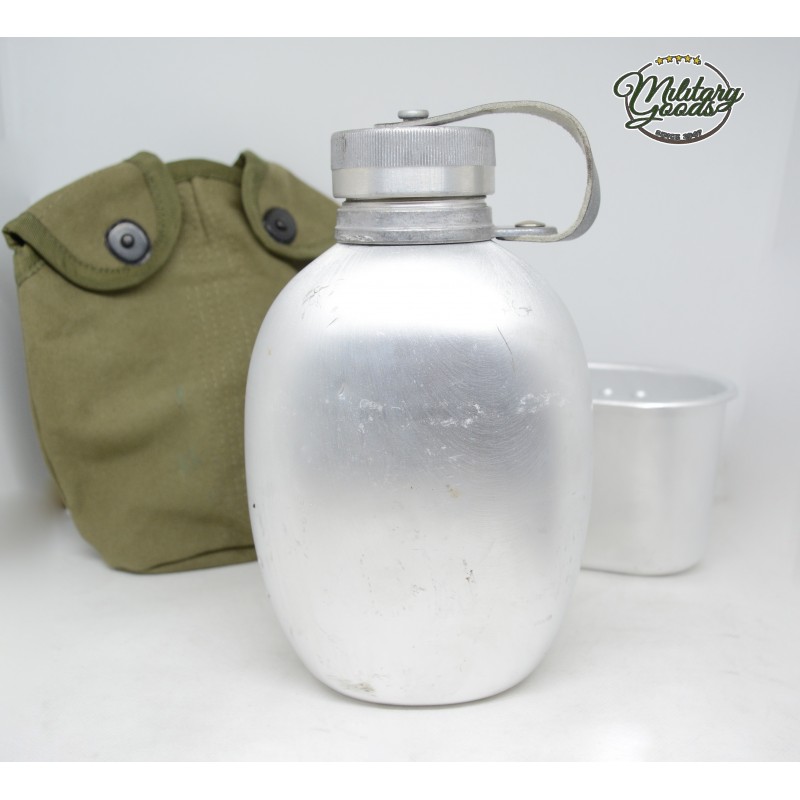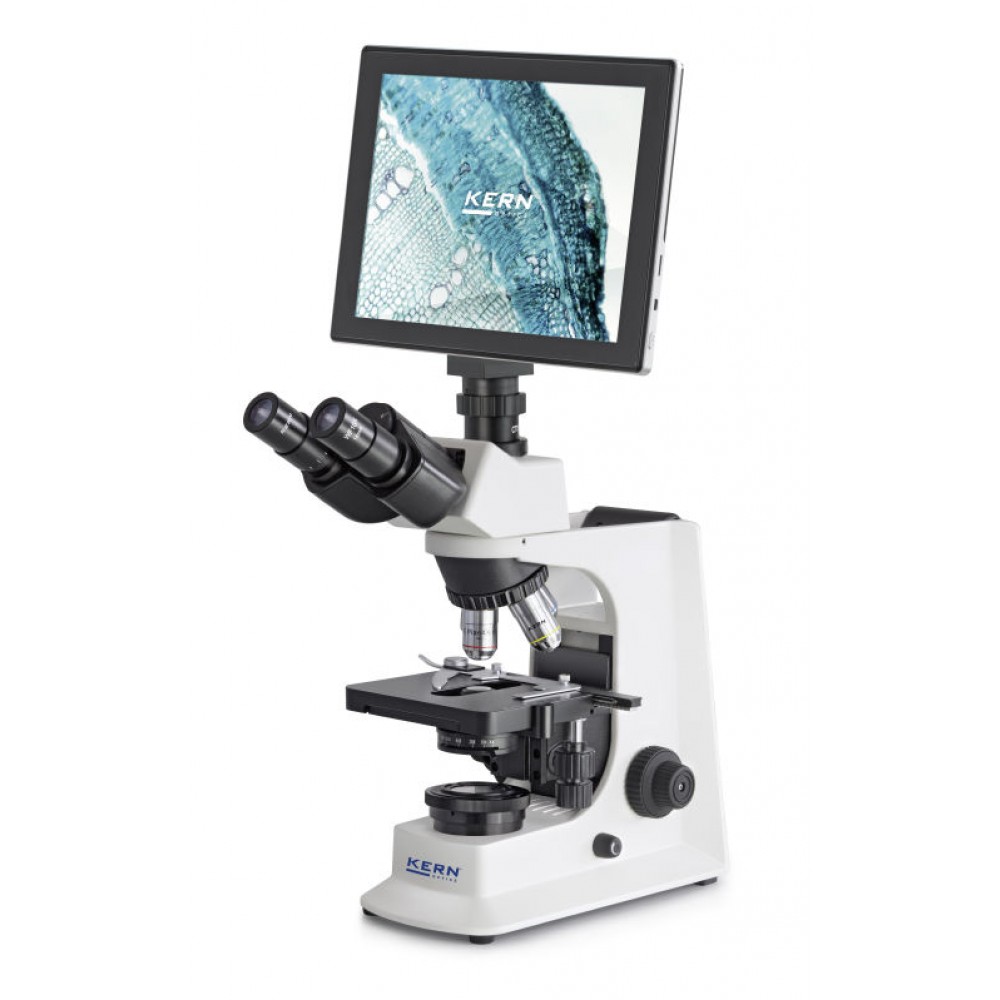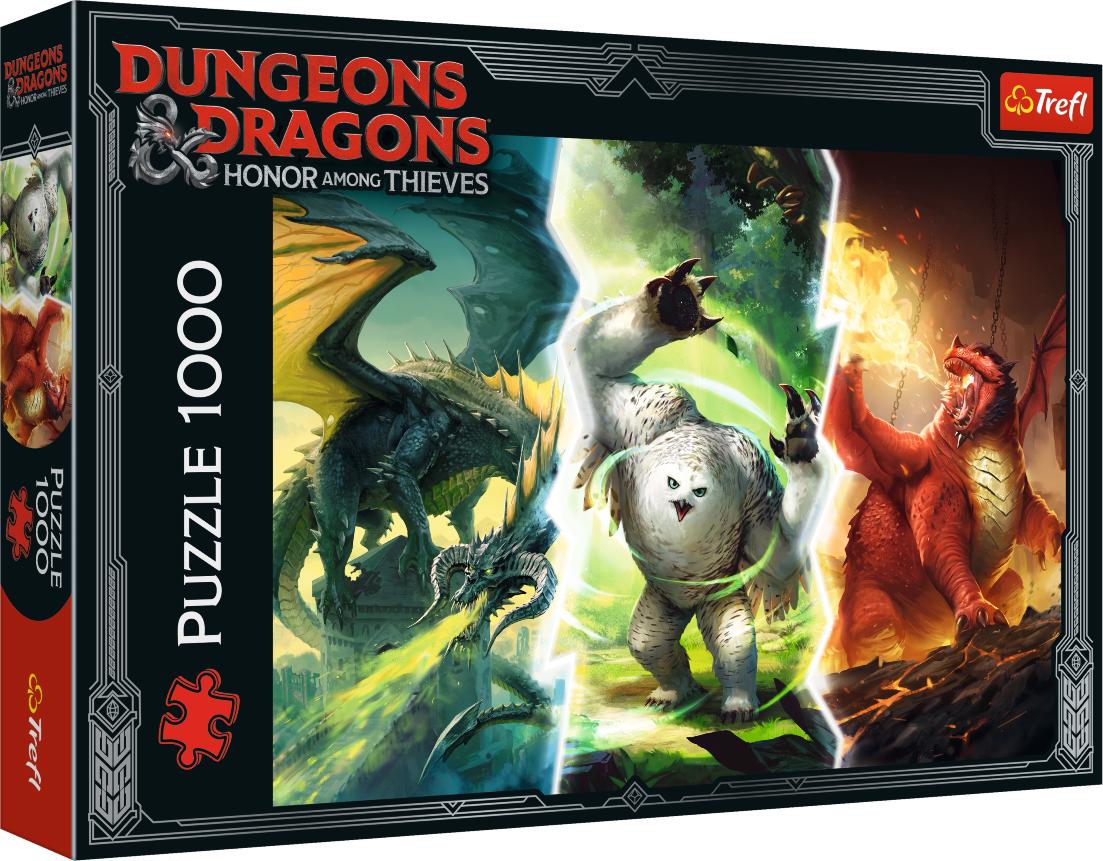5e vs 3e Skills: A Brief Guide with Skill Conversion Chart
€ 14.50 · 4.8 (726) · In Magazzino

One of the most easily spotted differences between 3e and 5e Dungeons and Dragons is the way that they handle skills - one look at the two character sheets, and you’ll instantly spot the difference in space that they take up. The 5e sheet sections off a small rectangle for it alongside the basic stats and modifiers. 3e needs a whole ⅔ of a page. Beyond 5e’s pared down list, though, both editions handle skills very differently, which makes them one of the hardest things to adjust when you’re going between editions. Most people that I’ve spoken to seem to prefer 5e’s streamlined skill system to 3e’s, but I actually disagree. I can see the appeal of paring it down, but it’s at the expense of a lot of character customizability and specialization, especially for rogues and rangers - and
One of the most easily spotted differences between 3e and 5e Dungeons and Dragons is the way that they handle skills - one look at
Hail Traveler! Surely you will need DND Dice on your journey. Lucky for you we have hundreds in stock! Looking for more wares to aid you? We stock DND and RPG gaming journals, dice boxes, t-shirts, dice bags and other gear. We even offer a dice subscription service sending dice to you as frequent as you like.
One of the most easily spotted differences between 3e and 5e Dungeons and Dragons is the way that they handle skills - one look at the two character sheets, and you’ll instantly spot the difference in space that they take up. The 5e sheet sections off a small rectangle for it alongside the basic stats and modifiers. 3e needs a whole ⅔ of a page.
Beyond 5e’s pared down list, though, both editions handle skills very differently, which makes them one of the hardest things to adjust when you’re going between editions.
Most people that I’ve spoken to seem to prefer 5e’s streamlined skill system to 3e’s, but I actually disagree. I can see the appeal of paring it down, but it’s at the expense of a lot of character customizability and specialization, especially for rogues and rangers - and to me the trade just isn’t worth it.
Still! I can see why people also might prefer 5e.
Regardless, this blog post intends to briefly go over both edition’s skills and how they work. At the bottom, you can also find a handy chart that I’ve made for figuring out what skillcheck to ask for if you’re new to one edition or the other!
5e skills
5e has a limited number of skills available, which are organized on the front page of most character sheets by the ability stat that they’re associated with. These skill are fairly non-specific, and the DM may ask for the same skill check in references to a number of activities or actions. An athletics check, for instance, would be called for in cases of both throwing a ball and climbing a tree, and a deception check for both putting on a disguise and telling a lie.
Skill Modifiers
5e skills are determined mainly by the modifier of their associated stats. This means that stat allocation is incredibly important to your skill list - far more than it really is in 3e. It is, however, much simpler.
If you want to have a character that is good at picking locks, you’ve really got to have a high DEX character, because the base modifier for one is the base modifier for the other.
Skill Proficiency
You can increase your skill modifier for any given skill by taking proficiency in it - this basically means that you’re trained to complete the sorts of tasks the skill covers. This just means that you also add your proficiency modifier to your skill checks.
You get most of your skill proficiencies from your class, in which you get to choose a few from a list associated with each. Then, you can also get some from your background, and sometimes from your race. Rogues and Bards also get additional proficiencies or proficiency bonuses due to certain class features.
Skill Expertise
One of those class features that you can get includes “Expertise” - this allows you to either pick a couple more skills to be proficient with, or choose a couple you already have, and take double your proficiency bonus when you roll for them.
This is the feature/feat that you’ll want to get if you really want to excel in a particular skill.
3e and 3.5e Skills
3/3.5e has a much larger number of skills to choose from, although their system of figuring out your skill modifier is slightly more involved. You can find these skills on the first or second page of most character sheets. They’re also more specific than 5e skills - it’s rare that one skill check will encompass more than one action or ability that your character might perform.
Skill Points
3e skills are primarily determined by both their associated ability modifier, and by the player’s allocation of skill points.
The number of skill points that you get is determined by your class - large numbers being given to rogues and rangers, and fewer to other classes, depending upon their play build. These points can then be spent to “buy” ranks in various skills on top of the basic ability modifier. Technically, you’re not supposed to be able to exceed (your level)+3 number of skill ranks in any skill, but I’ve never actually played with a DM who bothered with that, so it’s always best to ask!
The actual method of allocation is a little complicated.
Class/Race and Cross-Class Skills
Much like 5e, 3e grants you a number of skill from your race and your class - instead of having proficiency, these are called your ‘class’ skills (even if they’re from your race). These skills cost one skill point per rank - the reason being that they’re the skills you're likely to pick up from your class training.
Skills that aren’t granted by your class are ‘cross-class’ skills. Each skill point will only buy you ½ of a rank for these skills - no, those halves don’t count towards rolls, but since you can’t hold onto unused skill points, you can later buy another half and get a whole skill rank, which does add to rolls. Essentially, cross-class skills cost 2 points per rank.
Trained vs. Untrained Skills
Most skills, even if you don’t have any ranks in them, can be used just with a d20+ability mod roll. These are marked with a small black box to their right, and are called ‘Untrained Skills’.
Those that aren’t marked, however, like Use Magic Device or Scry, are ‘Trained Skills’. These are skills that your character simply wouldn’t even be able to attempt without some king of previous experience or training. If you don’t have any ranks from skill points put into these skills, you simply can’t use them.
Skill Synergies
Lastly, 3/3.5e has certain “skill synergies” - these will be listed nearby to your skill list on the character sheet. Basically, some skills are connected to each other - if you take a certain number of ranks in one skill, it only makes sense that you’d automatically become marginally better at connected or similar skills.
Synergies list the automatic, free ranks that you get towards skills from the points that you put into others.
Conversion Chart (DM Tool!)
I often have trouble going from one edition to another - I have to pause a moment whenever I DM 5e, because I want to ask for a Listen check, but realize at the last second that I can’t! Usually, I can catch myself, or my players are willing to infer what check I want for the edition - but just for use, I’ve made a handy chart to quickly check which 3e skills fall under which 5e skills.
You can also use it the other way around!
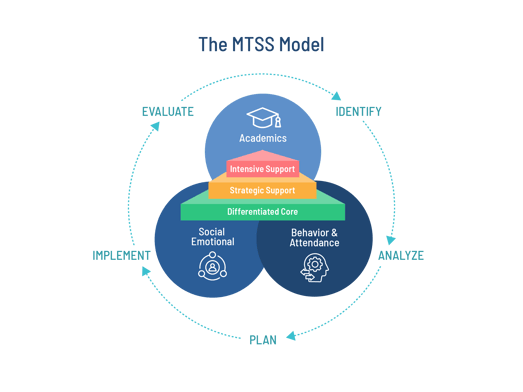
What Is MTSS? Multi-Tiered System of Supports Ultimate Guide - Branching Minds

7 Steps to Structure a World-class Chart of Accounts

Conversion of ER Diagram to tables in DBMS
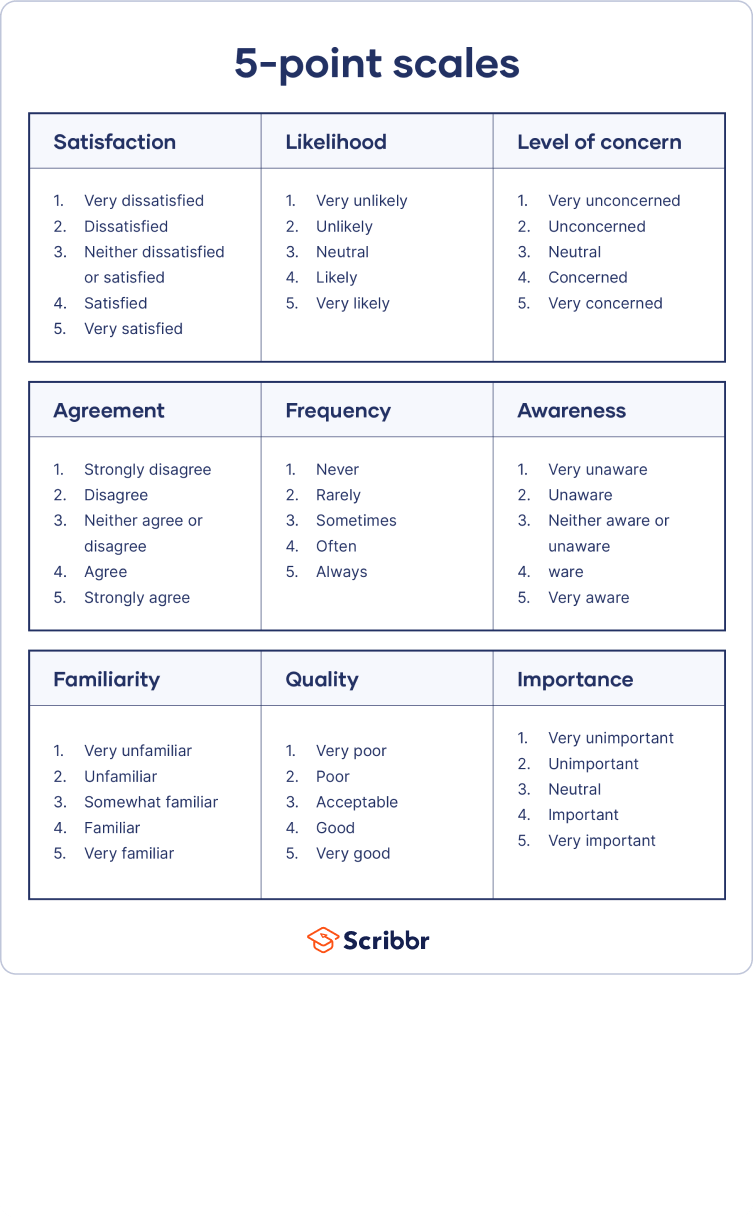
What Is a Likert Scale?

Ability Scores D&D 5th Edition on Roll20 Compendium

OC] 5e Beginners Reference Sheet - PDF in comments : r/DnD

A comparison of what 3.5 skills 5e skills encompass, and what skills were lost in the shift [OC] : r/DnD

how to teach comparing and contrasting in reading

Skill Check DC Cheat Sheet.pdf

Using Skill Points in 5E D&D - House Rule

The Ultimate List of Graphic Organizers for Teachers and Students

Crusader states - Wikipedia
Alesmiter: Converting D&D 3.0 to Pathfinder - Skills
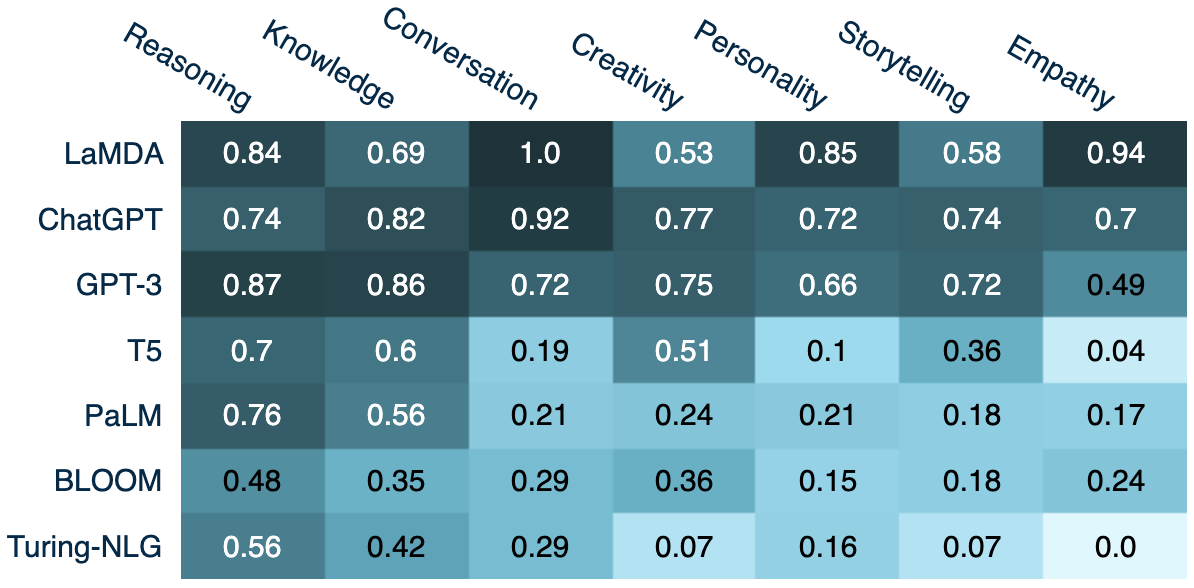
Overcoming the Limitations of Large Language Models, by Janna Lipenkova
